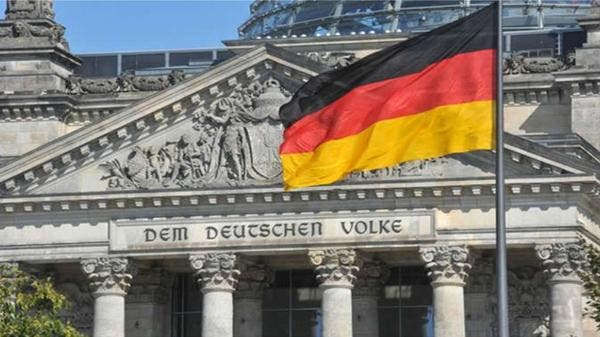According to information provided by the tabloid Bild on Friday, German Economy Minister Robert Habeck anticipates a 0.4% recession and 8% inflation in Germany in 2019.
The so-called “fall” forecast from the government, which is set to be released next Wednesday, was the basis for the German publication.
These predictions coincide with those made in the autumn report by five German institutions (DIW, IFO, IFW, IWH, and RWI), which was released on September 29.
The institutions anticipated a 0.5% decline in GDP.
4% in 2023 after expanding by 1. 4% in 2022, and inflation will increase by 8. 8% the following year, up from 8. 4% this year.
According to the “Bild” newspaper, Habek anticipates a little increase in unemployment over the course of the following year, from 5.2% to 5.4%.
Following Russia’s cutoff of energy supplies to the continent, the Bundesbank warned last month that it was becoming more likely that Europe’s biggest economy would experience a “prolonged” reduction in growth.
The Central Bank warned of a “widespread and long-term reduction in economic output” and stated that “the indicators of stagnation in the German economy are accumulating.”
The potential decline is mostly caused by “supply restrictions,” or the decreased exports of energy following Russia’s invasion of Ukraine.
As 55% of the gas Germany used to heat its houses and power its industries came from Russia at the start of the war, Germany was largely dependent on Russian energy imports.
With estimates of inflation hitting 8%, the biggest economy in Europe is on the verge of recession.

